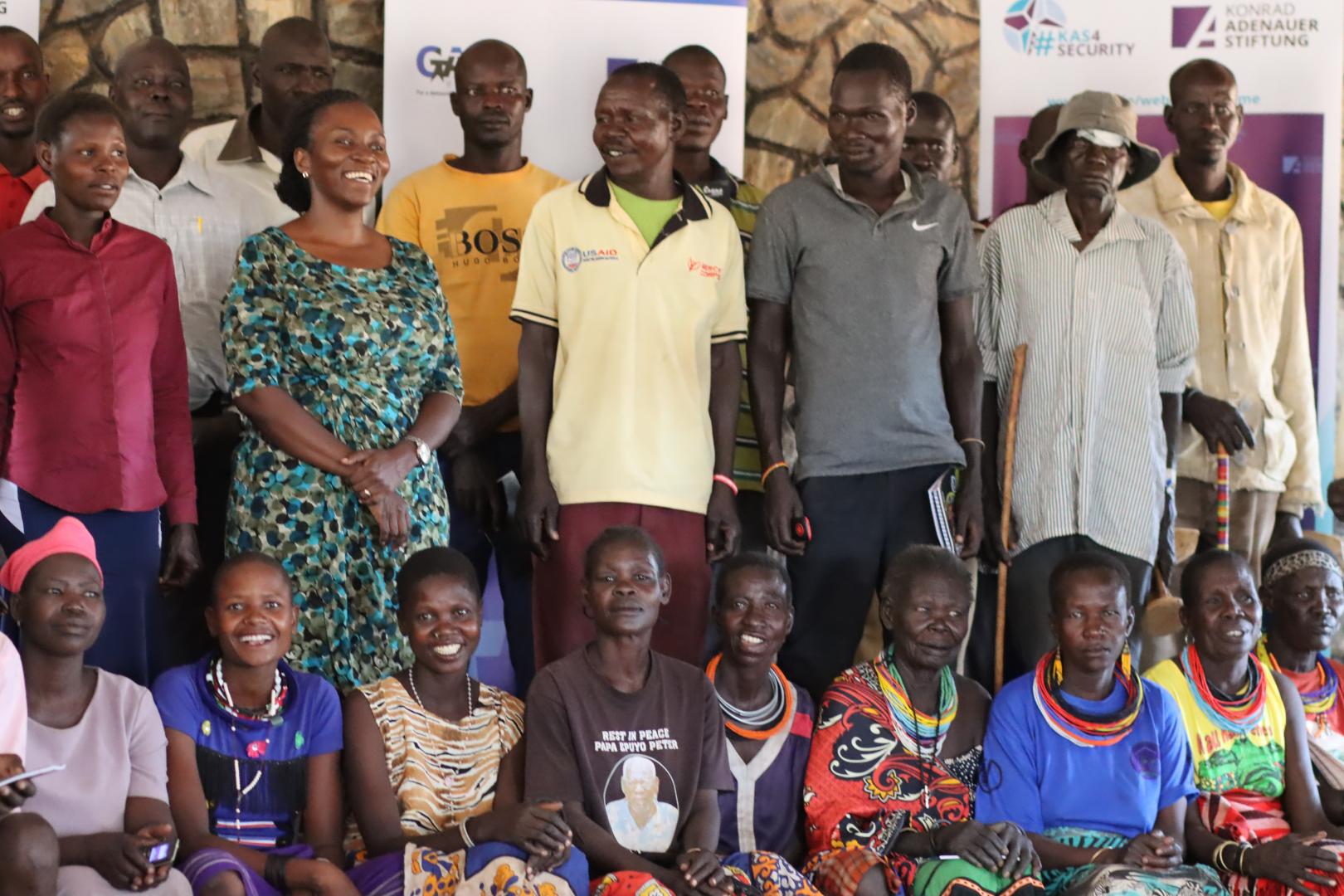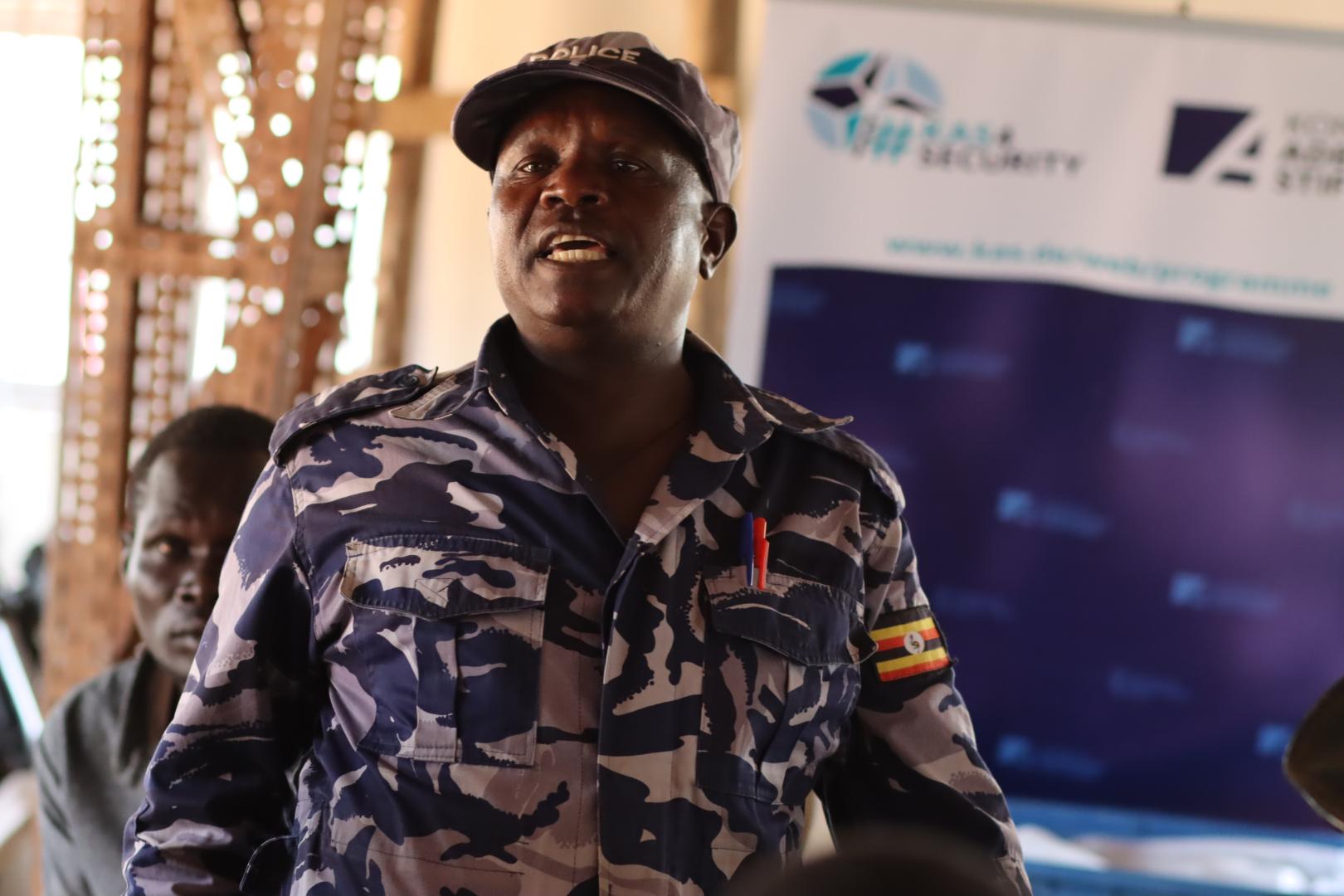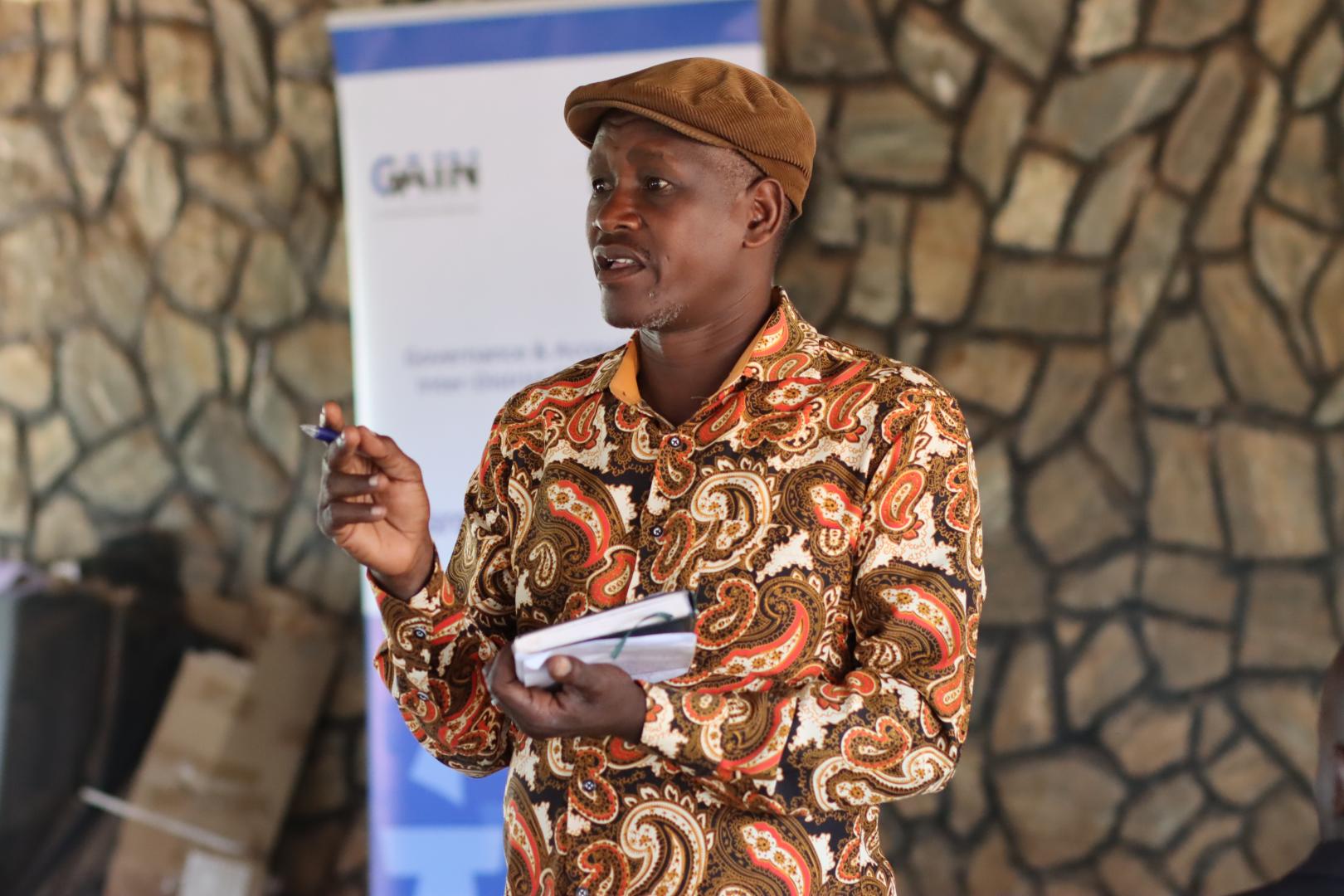Cattle rustling has been the main cause of conflict in the Karamoja region of Uganda which is bordered by South Sudan, Kenya, and Ethiopia. The Cattle rustlers are a group of pastoralists from the Karamoja region in northeastern Uganda who engage in cattle raiding as a traditional practice to acquire wealth and prestige. The largest ethnic group in the region, divided into several sub-groups such as the Matheniko, Bokora, Pian, Tepeth, and Jie is the Karimojong. Other ethnic groups include the Teso, Pokot, Dodoth and the Turkana who are known for their cattle herding and raiding. The involvement of these groups in cattle raiding has often led to conflict with neighboring communities and the government. It is a complex issue that is driven by several factors, including, competition for resources such as water and pasture, ethnic tensions and poverty. The consequences of cattle rustling are far-reaching and include migration, internal displacement and child trafficking. In some cases, entire villages have been wiped out by cattle raiders, leaving behind a trail of destruction and despair.
KAS Uganda and South Sudan, supported by GAIN Uganda organized one day grassroots migration agenda dialogues in five districts in the Karamoja region; Nakapiripirit, Moroto, Napak, Abim and Kotido from 17th to 21st April 2023. The prime mission of the dialogues was to provide a platform for community members to deliberate on the causes and solutions to the cattle rustling problem. Israel Lowal, the town clerk of Nadunget town council in Moroto district encouraged participants to hold open discussions and desist from apportioning blame. He emphasized that government is made up of citizens and thus they should stop looking at it as a separate entity supposed to solve all their problems.
Efforts to address the problem of cattle rustling in Karamoja have been ongoing. They include the deployment of security forces to the region, peace negotiations and disarmament programmes. The Karimojong people previously owned guns, which they used to protect their livestock from raiders and therefore disarmament of civilians has been a contentious issue in the region. Civilians are often reluctant to give up their guns, arguing that they need them for self-defense and protection of their livestock especially since the neighboring countries have not disarmed their citizens. The Karimojong people regard their livestock as a symbol of wealth and status, and as such, they are willing to go to great lengths to protect them. The proliferation of guns however, has led to an increase in violence and insecurity, and as such, the government has sought to disarm the civilian population.
Peter Lometo, a 65-year-old participant was on the night of 17th April 2023 raided and tortured by armed cattle rustlers. The raiders, according to the district area councilor, raided the village, which is approximately 50 meters away from Nadunget Police station, with armed police men. There were complaints that police officers do not make timely responses to cries for help and rarely respond at night. Relatedly Loru Mark aged 56, also a resident of Lolain cell, Nadunget Town Council is among the victims of the raids. He stated that he lost over 50 herds of cattle. Like Lometo, his home is just a stone throw from Nadunget police station. Mr. Loru, spoke emotionally repeatedly during the dialogue, questioning the roles and responsibilities of the security agencies in protecting citizens and their property. Like many others, he is disgruntled, bitter and struggling to come to terms with the realities before him.
The loss of cattle has serious economic and cultural implications for the Karamojong people who have traditionally relied on their herds for sustenance and social status. Cattle rustling therefore disrupts the movement of livestock and forces pastoralists to migrate to areas that are perceived to be safer. In some cases, pastoralists move to areas that are not suitable for livestock rearing, leading to a decline in livestock productivity and an increase in poverty. The movement of pastoralists also results in social disruption, as families are separated, and communities forced to adapt to new environments.
To fully address the issue of cattle rustling and its impact on migration in Karamoja, a comprehensive approach is needed that addresses the root causes of the problem. This requires sustained engagement with local communities, investment in social and economic development, and a commitment to resolving conflicts peacefully. By working together to resolve cattle rustling, the people of Karamoja can create a more stable and prosperous future for themselves and their families.









